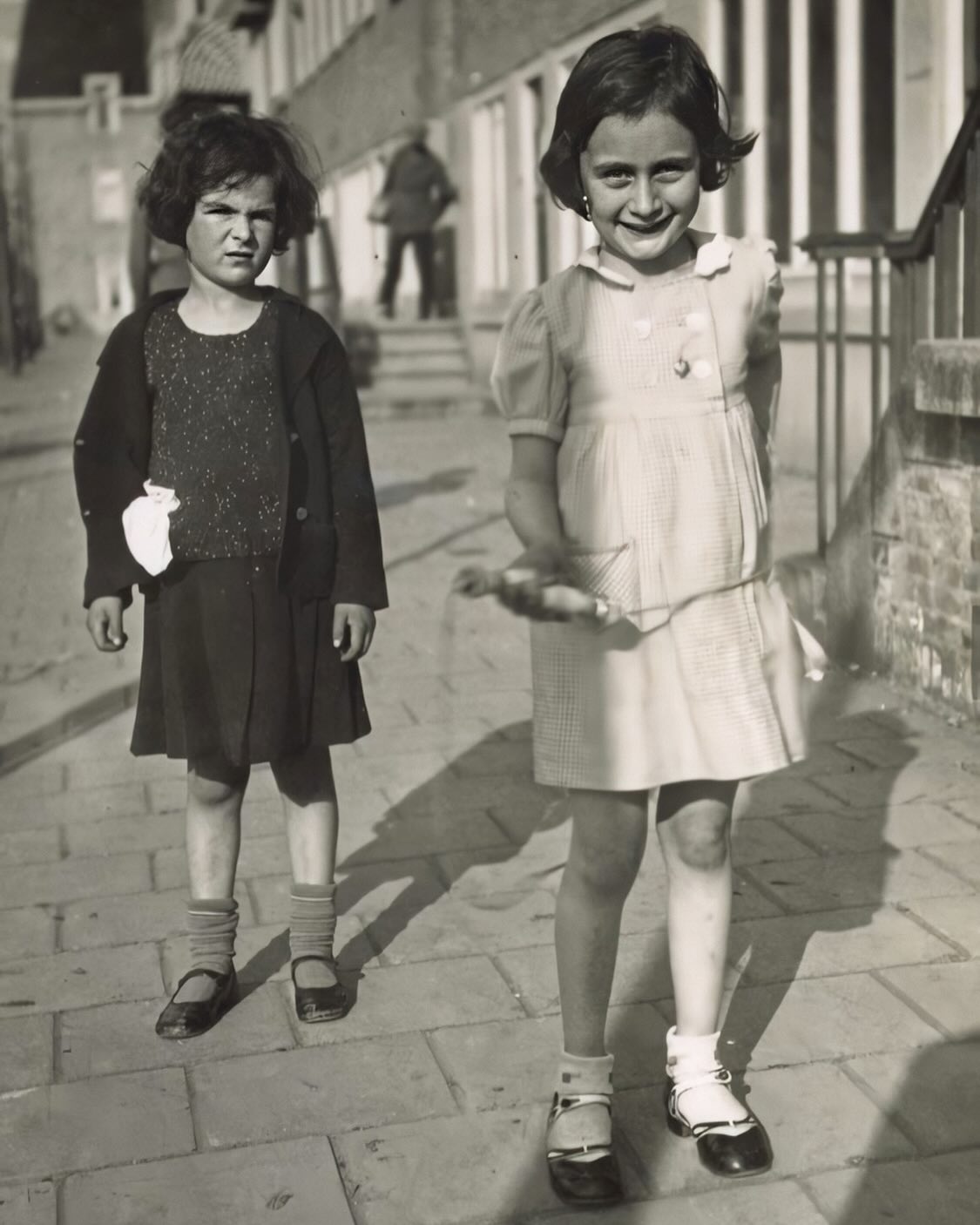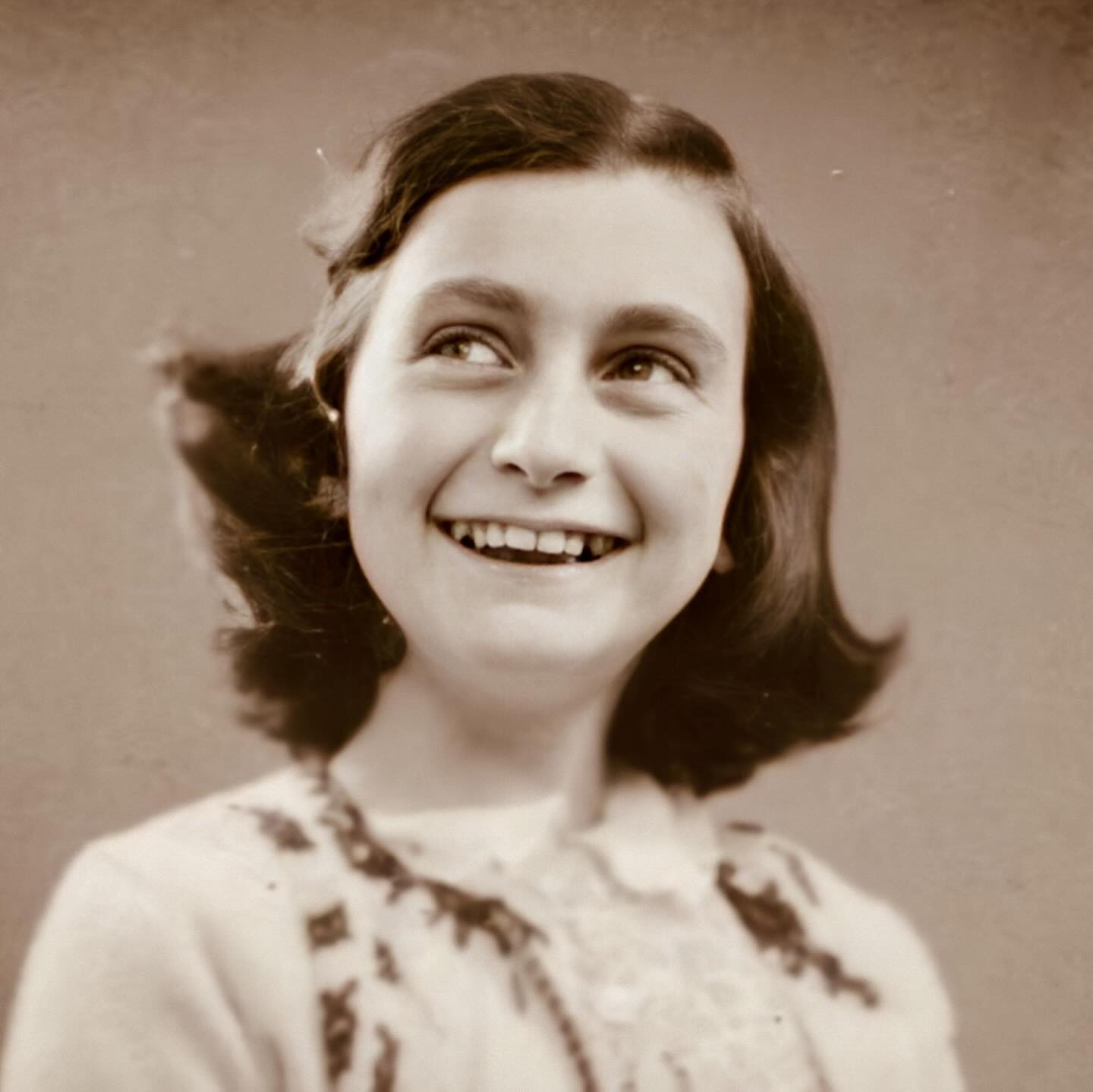A Game of Ping Pong: Anne Frank’s Forgotten Summer
The voice we know from Anne Frank’s diary is one of remarkable maturity, introspection, and deep sadness. But what did she sound like when she was simply a happy girl, a year before the world closed in on her? A rarely seen letter from July 1941 offers a stunning answer, a small window into a part of her life that few people ever glimpse. It’s not a letter filled with the weight of the war, but with the simple, innocent joys of a summer vacation.
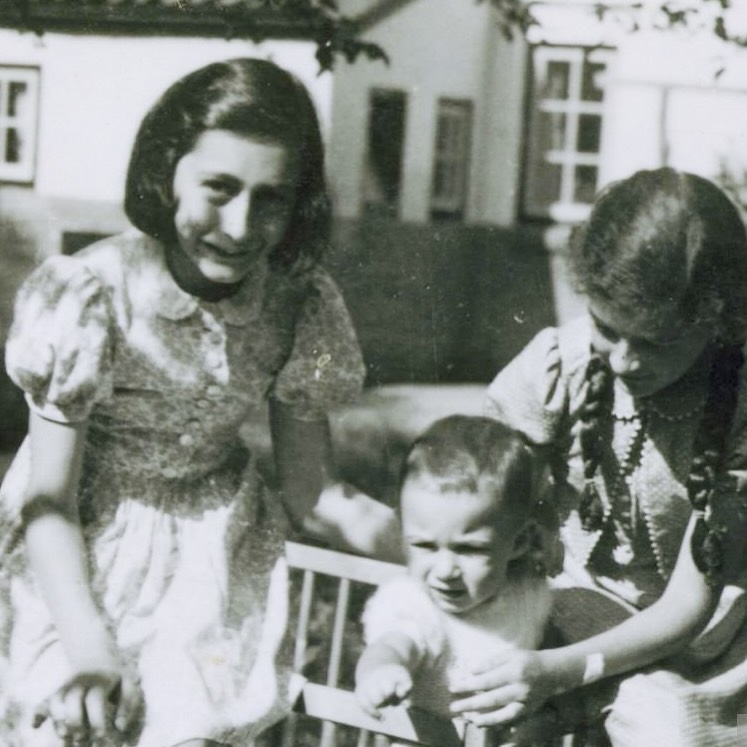
In her neat handwriting, a young Anne writes to her father, Otto Frank. The tone is light, the concerns are trivial, and the mood is one of pure, unbothered childhood. She opens with a confession of joy: she’s been playing ping pong all day, and she’s “finally getting the knack of it.” She mentions reading books, getting a lesson from her Aunt Eva, and even complains good-naturedly about her dog, Ray, being a little “cranky.” The letter is a beautiful, aching portrait of a normal life. It’s filled with the kind of mundane details that make up the fabric of happy memories—the feel of a ping pong paddle, the comfort of a good book, the small irritation of a pet.
“Dear Daddy, Today I spent the whole day lying in the garden, and I also played ping pong. I’m finally getting the knack of it. Uncle Heinz and Aunt Eva play very well, and Aunt Eva is teaching me now.
I’m reading a lot and I’ve finished all the books Sanne and I brought except for one. I haven’t received any mail from Mother since Saturday evening, and now it’s Monday evening.
The weather still isn’t very good, but it’s not raining. Ray is a little cranky today, but he’s still cute. Write to me soon?
Many kisses from Anne.” Beekbergen, July 1941
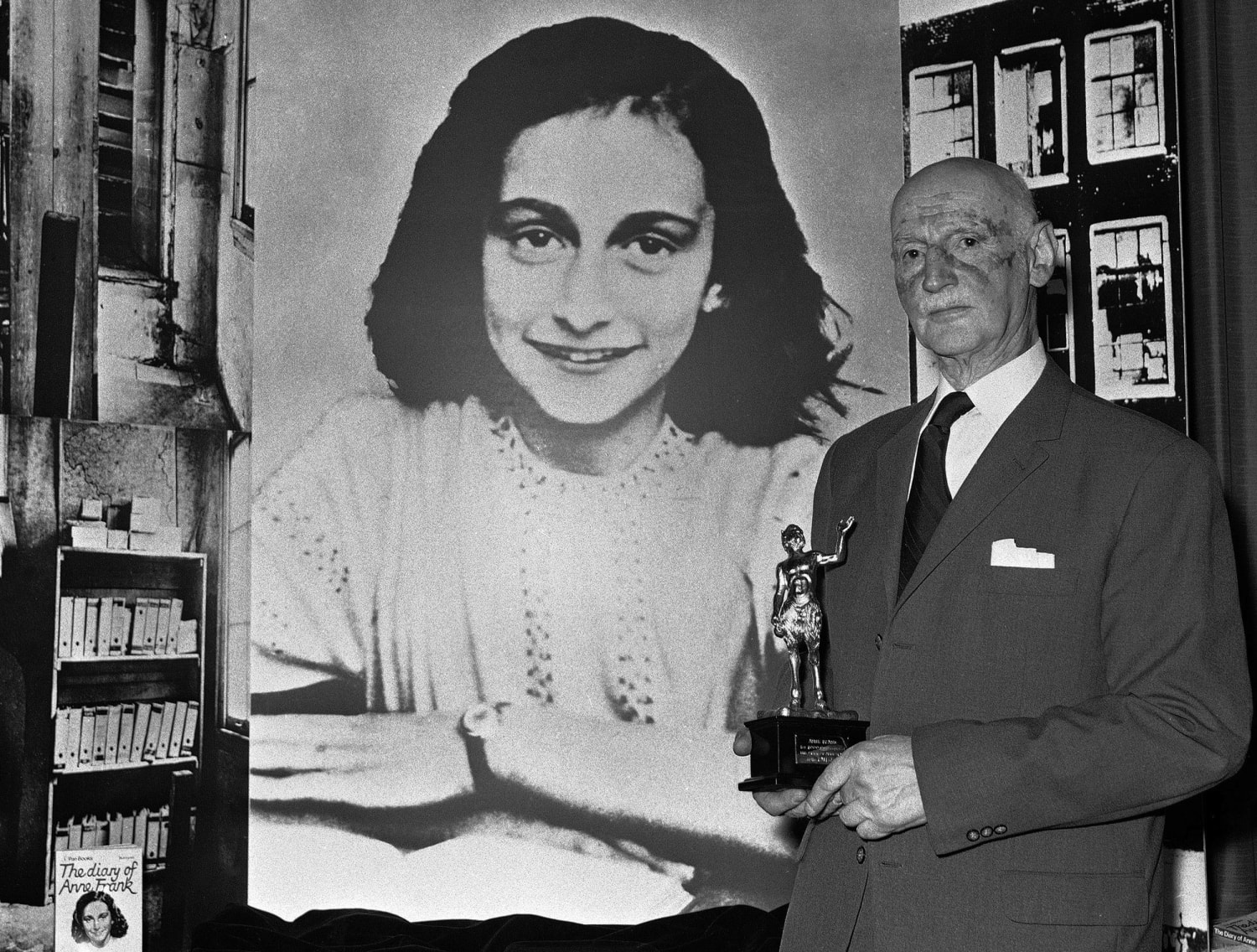
This short letter, dated July 1941, is a moment frozen in time. What makes it so heartbreaking is the brutal knowledge of what came next. Just one year after she wrote about ping pong and her dog, Anne’s life would become one of shadows and silence. The garden would be a distant memory. The sound of ping pong would be replaced by the quiet footsteps of people trying not to be heard. The mundane joy of getting a letter from her mother would be replaced by the desperate hope of surviving.
The letter reveals the two Annes she would later write about in her diary: the cheerful, playful girl, and the serious, thoughtful writer. In this letter, we see the playful girl on full display, but the thoughtful writer is already there, too—observing, documenting, and feeling. She is already a keen observer of the world, even when that world is as small as a summer camp.
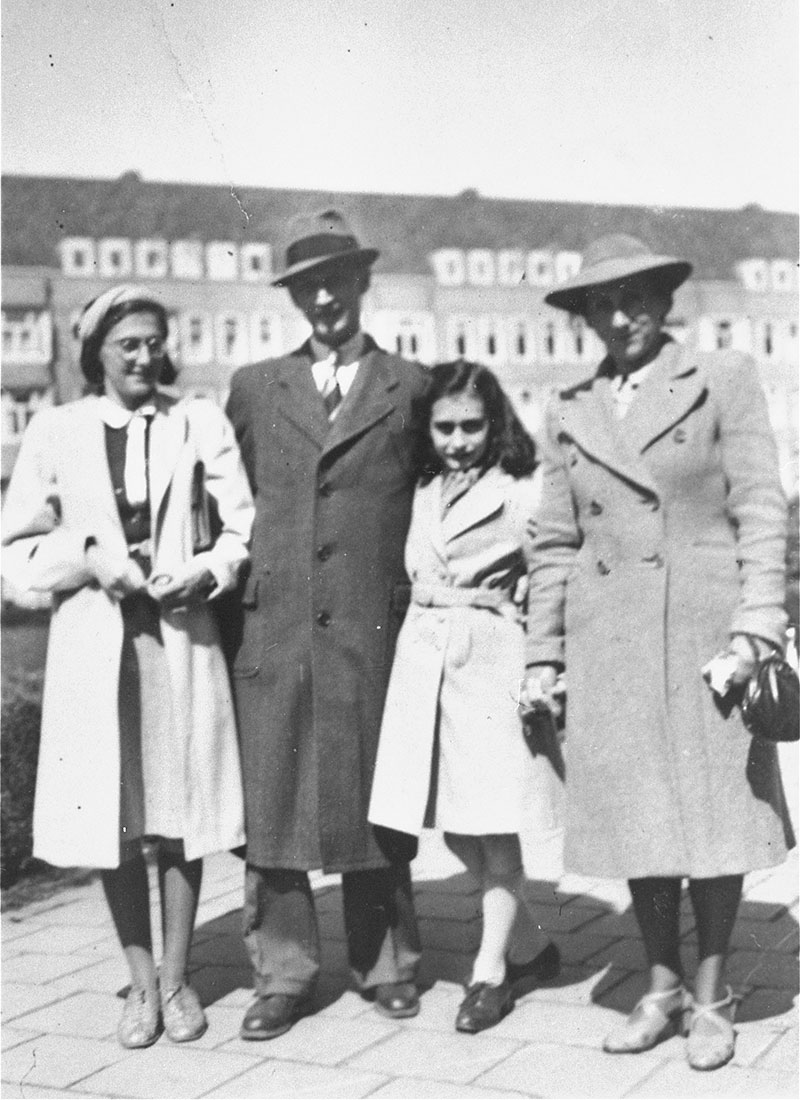
This simple piece of writing from a young girl’s hand serves as a powerful reminder. It tells us that before she became a symbol of tragedy, Anne Frank was just a girl who wanted to get better at ping pong. It urges us to remember that happiness is a fragile, precious thing, and that the beautiful, ordinary moments we so often take for granted are the most valuable memories of all.
